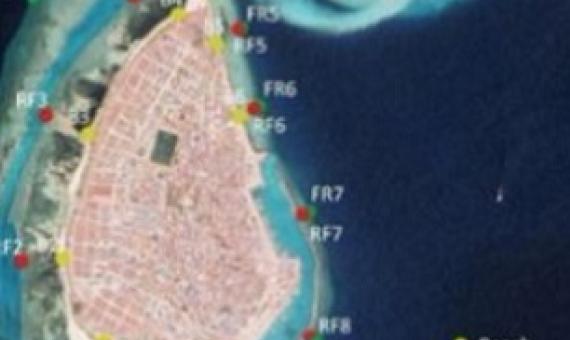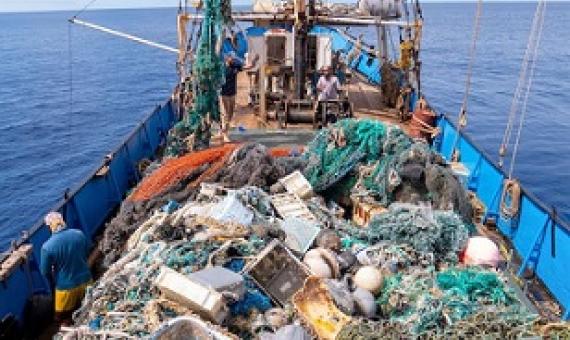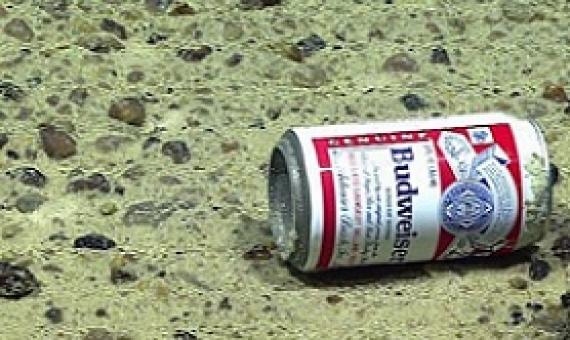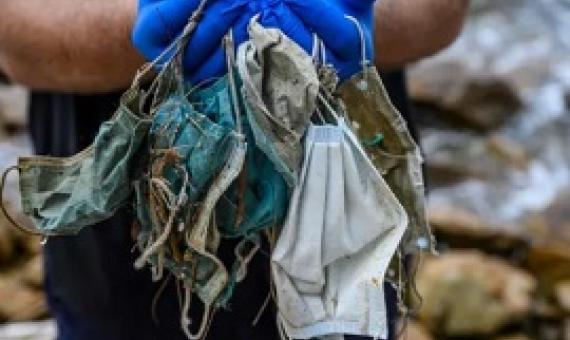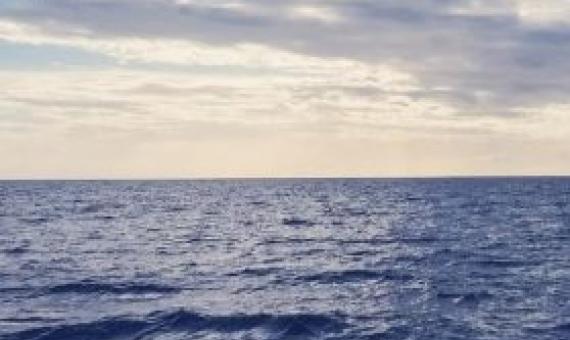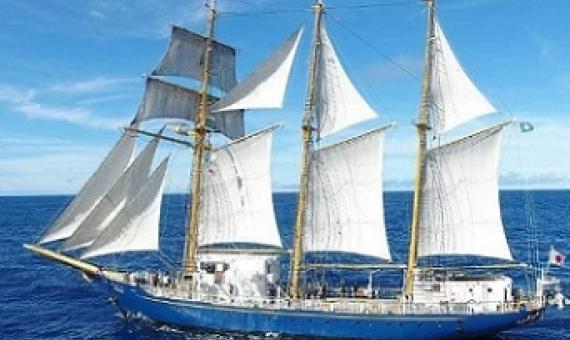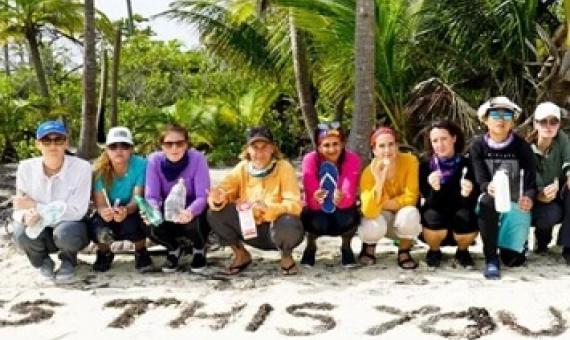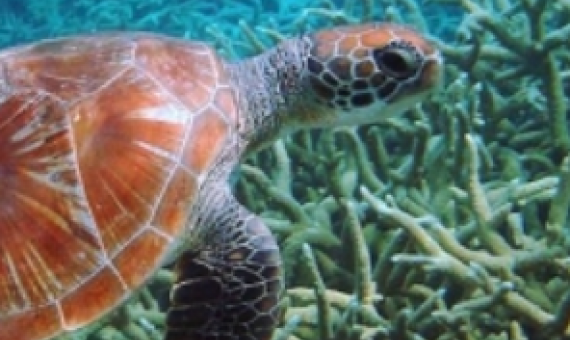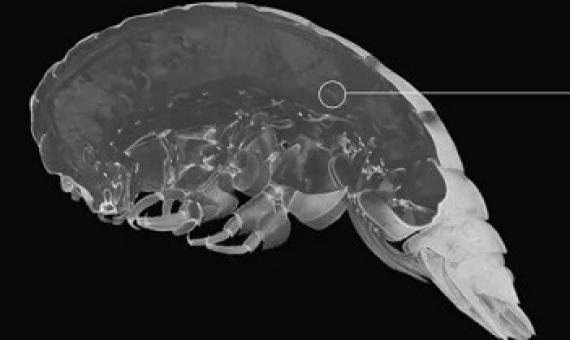Australia's Flinders University, on August 1, declared Maldives to be one of the countries most polluted by microplastics, on the planet. Microplastics refer to plastic particles measuring less than five millimetres and are now globally recognized as a pollutant of increasing concern.
Over the course of 48 days, an expedition to the Great Pacific Garbage Patch managed to haul an astonishing 103 tons of plastic from the ocean. The mission was run by Ocean Voyages Institute, a non-profit founded in 1979 to help preserve the world’s oceans.
Scientists have found that man-made mercury pollution has reached the bottom of the deepest part of the ocean—the Marianas Trench. This has significant implications for how mercury affects the marine environment, and how it may be concentrated in the food chain.
The largest ever study of waste found at the bottom of the central Pacific is showing how even the most remote and protected areas are being impacted by our rubbish...Marine biologist Dr Diva Amon, a researcher at the Museum, was exploring the Marianas area with remotely-operated vehicles (R
Conservationists have warned that the coronavirus pandemic could spark a surge in ocean pollution – adding to a glut of plastic waste that already threatens marine life – after finding disposable masks floating like jellyfish and waterlogged latex gloves scattered across seabeds.
Despite pollution's effects, we can help nature to recover, leading experts say. For decades, the world's oceans have been used as a dumping ground for mankind's garbage.
This voyage was part of the Sailing Towards a Plastic-Free Ocean project, a collaboration between the Japan Agency for Marine-Earth Science and Technology (JAMSTEC) and the United Nations Environment Programme World Conservation Monitoring Centre (UNEP-WCMC
The "eXXpedition" ocean plastic research mission has set sail March 9th in the remote South Pacific Ocean from Easter Island towards Tahiti, on the eighth leg of a pioneering all-female sailing voyage around the world for scientific research into ocean plastic. The aim of eXXpedition Ro
Scientists have new evidence to explain why plastic is dangerous to sea turtles: the animals mistake the scent of plastic for food. Thus, a plastic bag floating in the sea not only looks like a jellyfish snack, but it gives off a similar odour.
Scientists have discovered a new species of marine animal in the deepest trench on Earth—a find which might normally be cause for celebration. However, the researchers also identified plastics in its body, highlighting the scale of the global pollution crisis.

